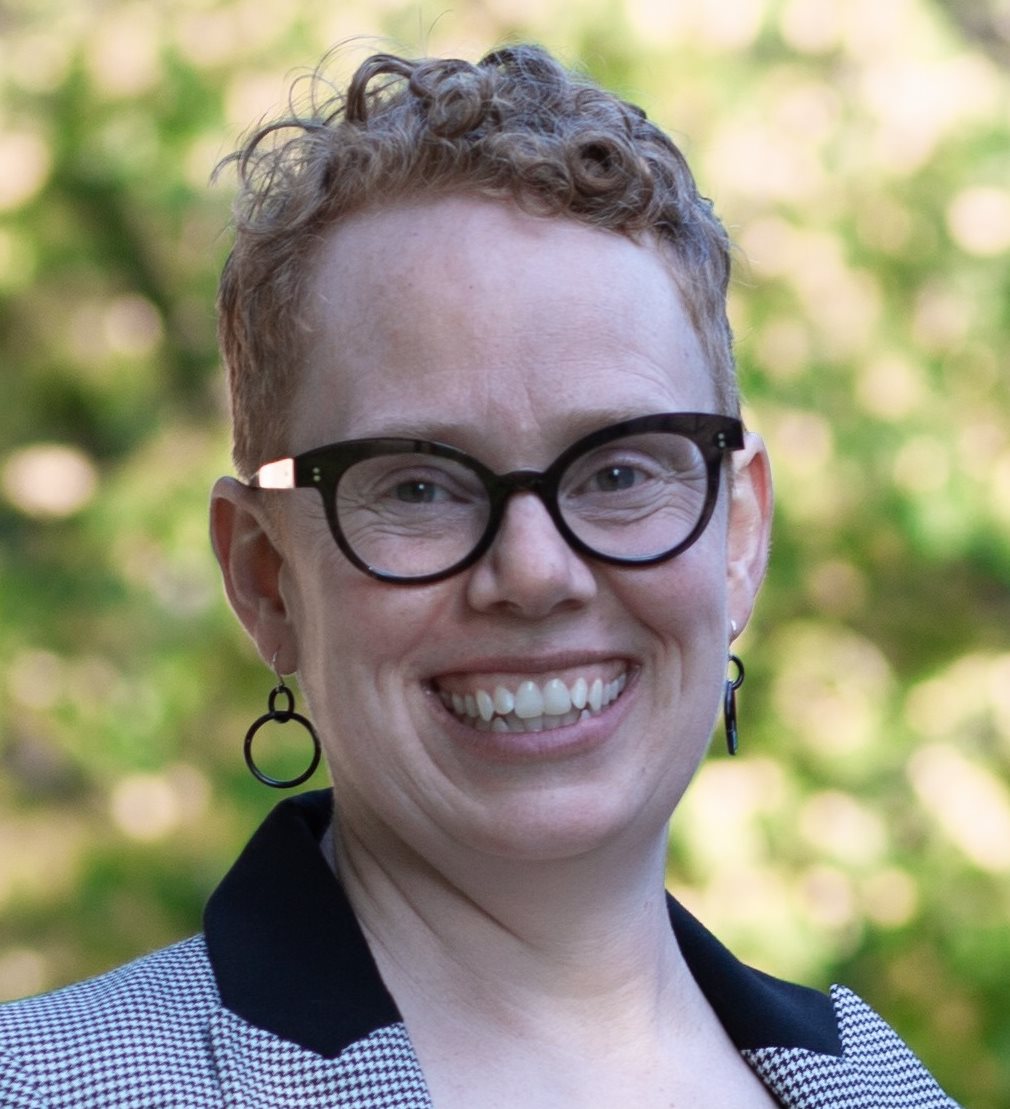
By
Nadine Smith, Julie Chamberlain, Cora Dupuis, Cheryl Fleming, Gretta Sayers, Candy Skyhar, Candice Waddell-Henowitch, and Lisa Wood
January 2022
Print Version
What you need to know
The COVID-19 pandemic has had a tumultuous impact on the lives and work of gender-marginalized faculty across the globe. In the fall of 2020, the Status of Women Review Committee (SWRC) conducted an online qualitative survey with Brandon University Faculty Association (BUFA) members who identify as marginalized by gender to determine the impacts of the pandemic within Brandon University (BU). Thirty-six individuals participated in the online survey; the preliminary results of the online survey were showcased in a BU Research Connection in April of 2021. Since that time, SWRC has expanded those findings by conducting individual virtual interviews.
Why this research is important
The individual interviews provide a more detailed explanation of the influence the pandemic has had on gender-marginalized Faculty at BU. By digging deeper into the stories of a sample of BU faculty, SWRC has been able to identify some common themes that these individuals have faced, as well as their suggested strategies on how BU can support them more effectively. Brandon University has an opportunity to learn from these stories and implement changes that will better support gender-marginalized faculty at all times, not just in a pandemic.
How this research was conducted
All survey respondents were offered an opportunity to participate in an individual interview. Numerous participants provided their names and contact details, but due to competing priorities and difficult schedules, only eight of these individuals were able to participate. A non-BUFA member of SWRC conducted individual virtual interviews. The eight participants included full and associate professors, tenure-track professors, and faculty within student services. Interviews were audio-recorded and conducted through Zoom. The interviews included 12 open-ended questions that focused on understanding how the global pandemic has affected the research, creative practice, teaching, and service of BUFA members who identify as marginalized by gender. The research team analyzed the transcribed interviews for meaningful themes.
What the researchers found
Combining the data from the 36 individuals who participated in the online qualitative survey and the 8 participants from the individual interviews, the researchers found that the COVID-19 pandemic has had a widespread and significant impact on the lives of BUFA members, both professionally and personally, who identify as marginalized by gender.
The COVID-19 pandemic has impacted teaching and learning, research and creative practice, administrative duties, academic service, vacation and time off, as well as caregiving responsibilities and overall well-being. Participants with caregiving responsibilities reported an overwhelming increase in those responsibilities. Childcare, particularly for school-age children, was found to be a significant theme. When describing their caregiving responsibilities, participants described feeling overburdened and stressed. One participant from the individual interview described an inability to focus and write. Interruptions throughout the day made it difficult to think deeply. Teaching and learning became more dissatisfying. Participants reported that it felt less interactive and dynamic. As one participant stated, “At this point, the students are burnt out, stressed, disengaged and disconnected, and so am I.”
How this research can be used
Participants provided recommendations as to how BU could better support gender marginalized BUFA members, including health benefits that are flexible and easy to access, increased mental health support, tailored and explicit support for tenure-track faculty, organizational support for teaching and research capacity, flexible hours for non-teaching BUFA members, and prompt and clear official communication. For further information, please see the full report on the SWRC website:
Acknowledgements
The researchers would like to acknowledge the contributions of the BUFA members who participated in this study.
About the Researchers
Keywords
- Brandon University Faculty Association
- COVID-19
- gender marginalization
Editor: Christiane Ramsey
Read more BU Research
Research at Brandon University follows comprehensive policies designed to safeguard ethics, to ensure academic integrity, to protect human and animal welfare and to prevent conflicts of interest.








